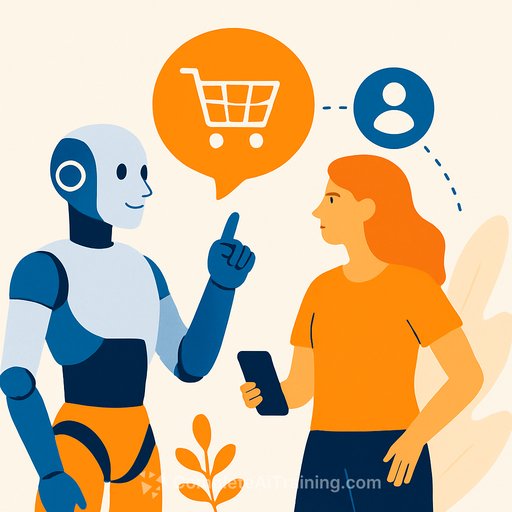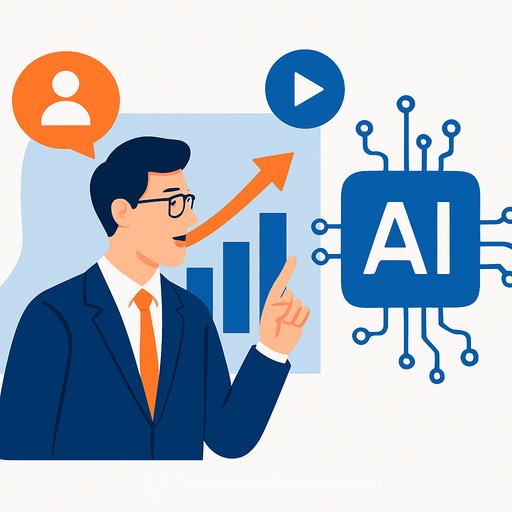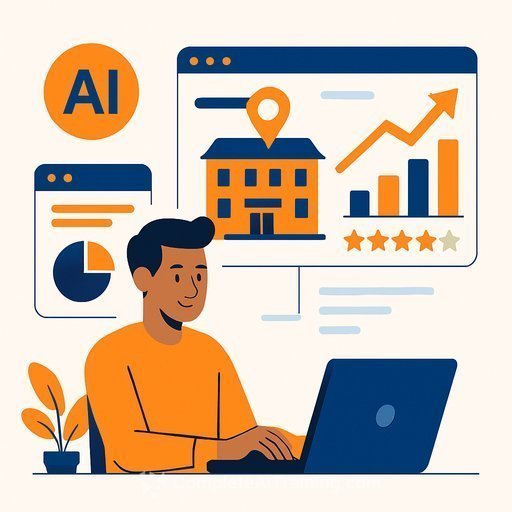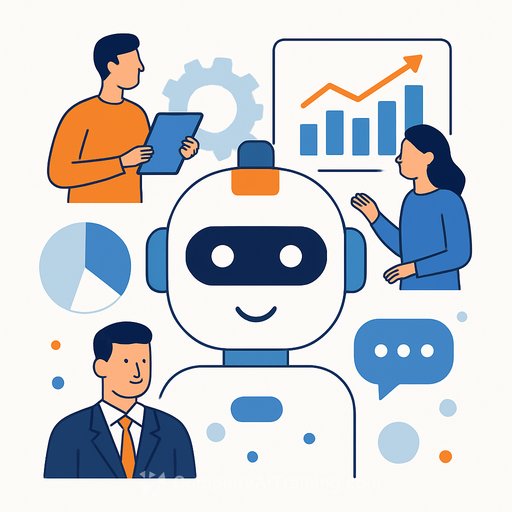RIP Digital Marketing To Humans
Artificial Intelligence Sales & Marketing
The internet’s most active users are no longer human. AI agents now make decisions that were once reserved for people. These agents read reviews, compare prices, book flights, reorder groceries, and subscribe to services—often without any direct commands. Unlike voice assistants or chatbots, they operate autonomously. This shift carries massive implications for digital marketing.
Traditional metrics are becoming unreliable. Customer acquisition is no longer about clicks or page visits. AI agents make purchasing decisions without searching or clicking, bypassing SEO tactics entirely. If your marketing strategy doesn’t adapt, your brand risks becoming invisible to the most influential visitors online.
Agents Don’t Browse — They Act
AI agents don’t scroll endlessly; they have a clear mission. They don’t watch brand videos or read testimonials. Instead, they seek structured data—pricing, specifications, service tiers—and make fast, algorithmic decisions. If your content isn’t easy for these agents to read, it’s effectively invisible.
Most websites are built to appeal to humans, with vibrant images, catchy copy, and dynamic layouts. To an AI agent, these elements often look like noise. Agents extract data rather than explore; if your content isn’t crystal clear and machine-readable, they’ll move on.
Marketers must format web content so AI agents can parse and evaluate it quickly. Otherwise, your offerings won’t be considered at all.
SEO’s Relevance Is Waning
Traditional SEO aims to drive humans from search engines to your site. But AI agents often bypass search engines entirely, pulling answers from search result snippets, structured databases, or APIs. The website’s design matters less than the accuracy and clarity of the data presented.
Content optimized for AI agents and large language models (LLMs) is becoming more important than content designed solely to convert human visitors. Brand visibility now requires strategies that serve both people and AI agents effectively.
While keywords, citations, and backlinks still hold value, they can’t be the entire approach. Marketers must make their data easy to find, well-organized, and accessible wherever AI agents look. In a landscape where agents avoid traditional search channels, content must be created with machines as the primary audience.
Website Analytics No Longer Drive Progress
Marketers still rely on bounce rates, time on page, and session duration. But AI agents don’t play by these rules. Legacy metrics can be misleading because agents might appear as bot traffic or not register at all.
If your analytics show a drop in traffic, it could mean you’re missing high-value interactions occurring rapidly with almost no digital footprint. It’s time to rethink analytics to measure real impact rather than just visits.
Ask yourself:
- Are AI agents recommending your product?
- Are they choosing your service over competitors?
- Are they finding your pricing and specs or skipping your brand?
- Do AI agents show up as bots or remain invisible in your analytics?
Market to Agents — Or Else
Brand storytelling still matters, but only after ensuring AI agents can find and understand your offers. Ignoring AI agents means risking far more than just site visits or time spent on pages.
To stay relevant, marketers must shift focus from purely human-centric strategies to ones that prioritize AI agents as key decision-makers.
For marketers seeking to deepen their understanding of AI-driven marketing techniques, exploring specialized courses can be invaluable. Resources like Complete AI Training’s latest AI courses offer practical guidance on adapting marketing strategies for AI technologies.
Your membership also unlocks:






